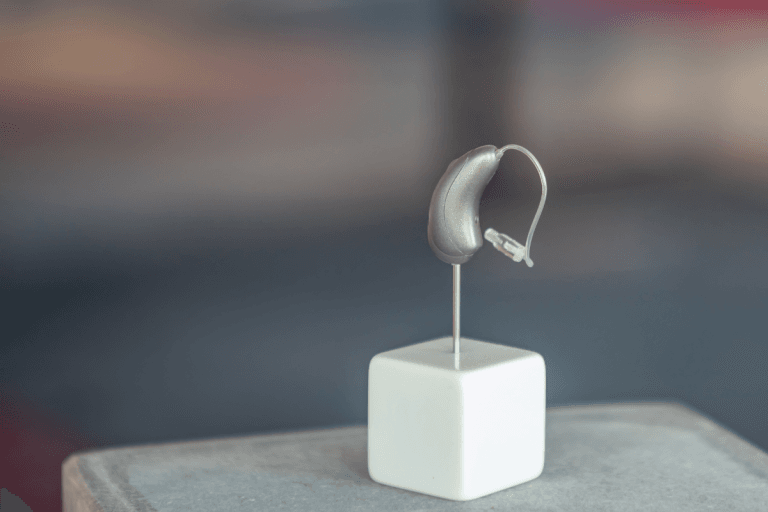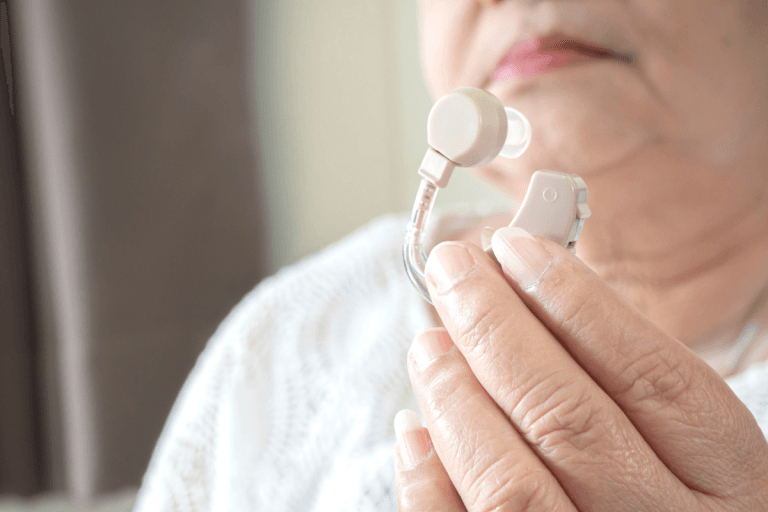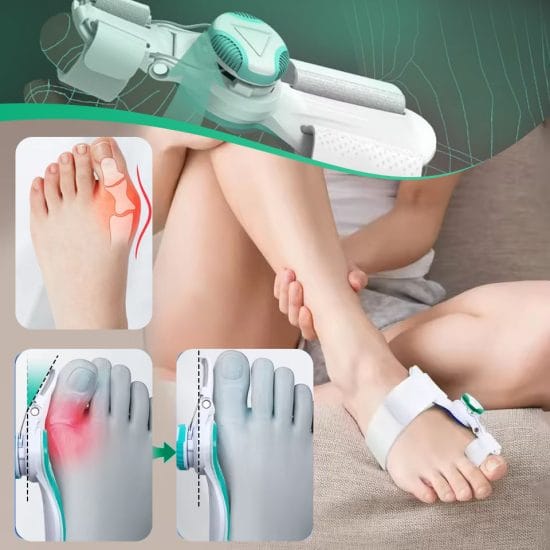Understanding CROS and BiCROS Hearing Aids: Features and Functionality
Hearing loss can vary significantly from person to person, and for individuals with hearing challenges in one ear or both, CROS and BiCROS hearing aids offer specialized solutions. These devices are designed to improve sound perception and enhance the quality of life for those with unilateral or asymmetrical hearing loss.
What Are CROS and BiCROS Hearing Aids?
- CROS Hearing Aids (Contralateral Routing of Signal):
CROS hearing aids are intended for individuals with significant hearing loss in one ear (known as the “unaidable” ear) while the other ear has normal or near-normal hearing. These devices pick up sounds from the unaidable ear and transmit them to the better-hearing ear, allowing the user to perceive sounds from all directions.

- BiCROS Hearing Aids (Bilateral Contralateral Routing of Signal):
BiCROS hearing aids are designed for individuals with hearing loss in both ears, where one ear is unaidable, and the other has better but still reduced hearing ability. In this case, the device collects sound from both sides and sends it to the better-hearing ear, amplifying the sound as needed.

How Do They Work?
Both CROS and BiCROS hearing aids use advanced technology to improve sound clarity and directionality:
- Microphones: Located in the device on the unaidable ear, these microphones capture sound from the surrounding environment.
- Wireless Transmission: The captured sounds are wirelessly transmitted to the hearing aid on the better-hearing ear.
- Amplification (BiCROS Only): In BiCROS systems, the transmitted sounds are amplified to accommodate hearing loss in the better ear.
- Processing: The hearing aid processes the sounds for clarity, ensuring a more natural listening experience.
Key Features of CROS and BiCROS Hearing Aids
- Directional Microphones: Help focus on specific sounds, such as conversations in noisy environments.
- Wireless Connectivity: Provides seamless sound transmission between devices.
- Customizable Settings: Allows users to adjust sound levels for optimal hearing.
- Discreet Designs: Modern devices are sleek and comfortable to wear.
Benefits of CROS and BiCROS Hearing Aids
- Improved Sound Localization: Enables users to identify the direction of sounds.
- Enhanced Communication: Makes conversations easier, even in challenging listening environments.
- Increased Awareness: Helps users stay aware of sounds from their unaidable side.
- Better Quality of Life: Reduces the frustration and isolation caused by hearing loss.
Is a CROS or BiCROS Hearing Aid Right for You?
The choice between CROS and BiCROS hearing aids depends on the type and extent of your hearing loss. A hearing care professional can perform a comprehensive assessment and recommend the most suitable option based on your needs.










